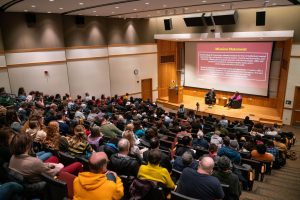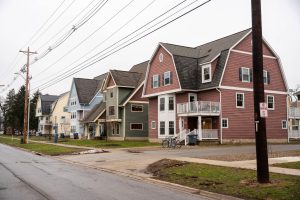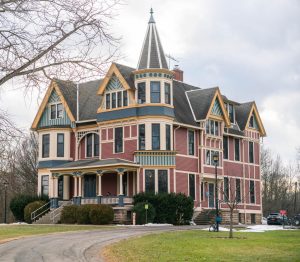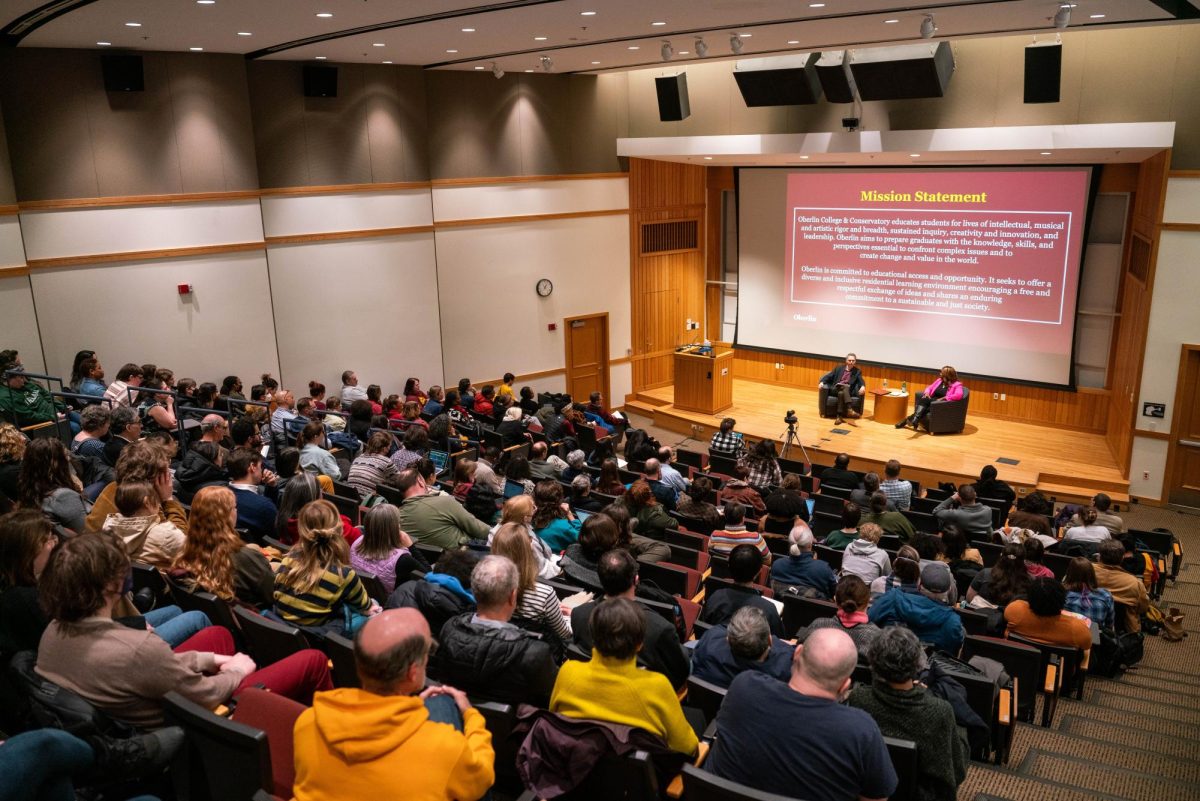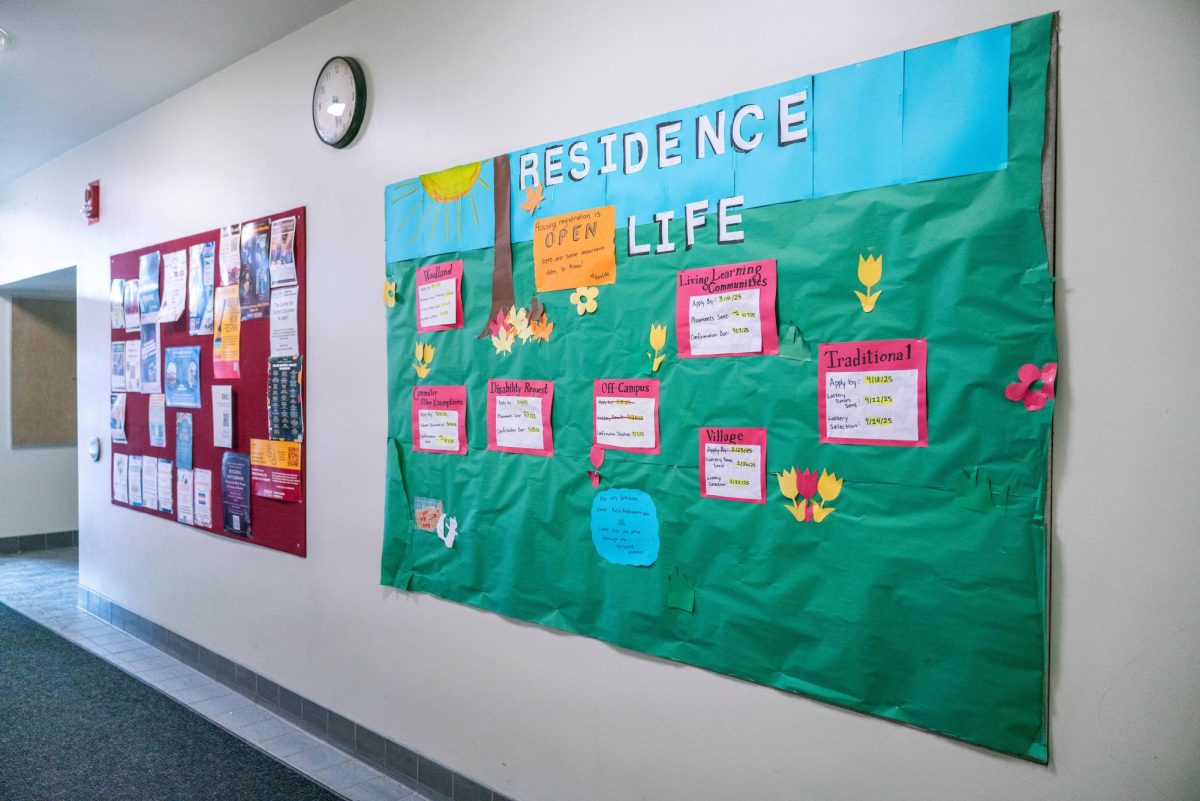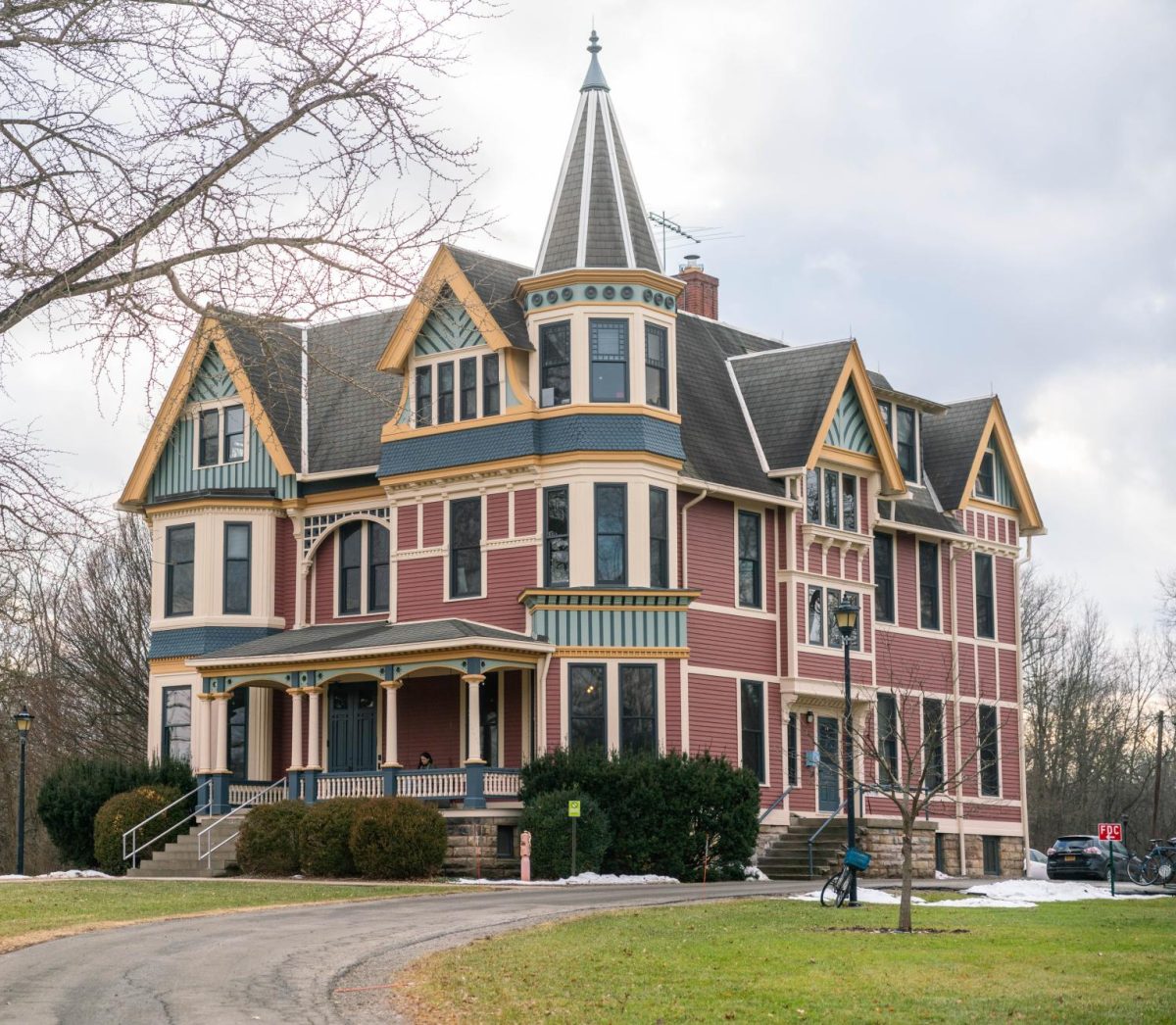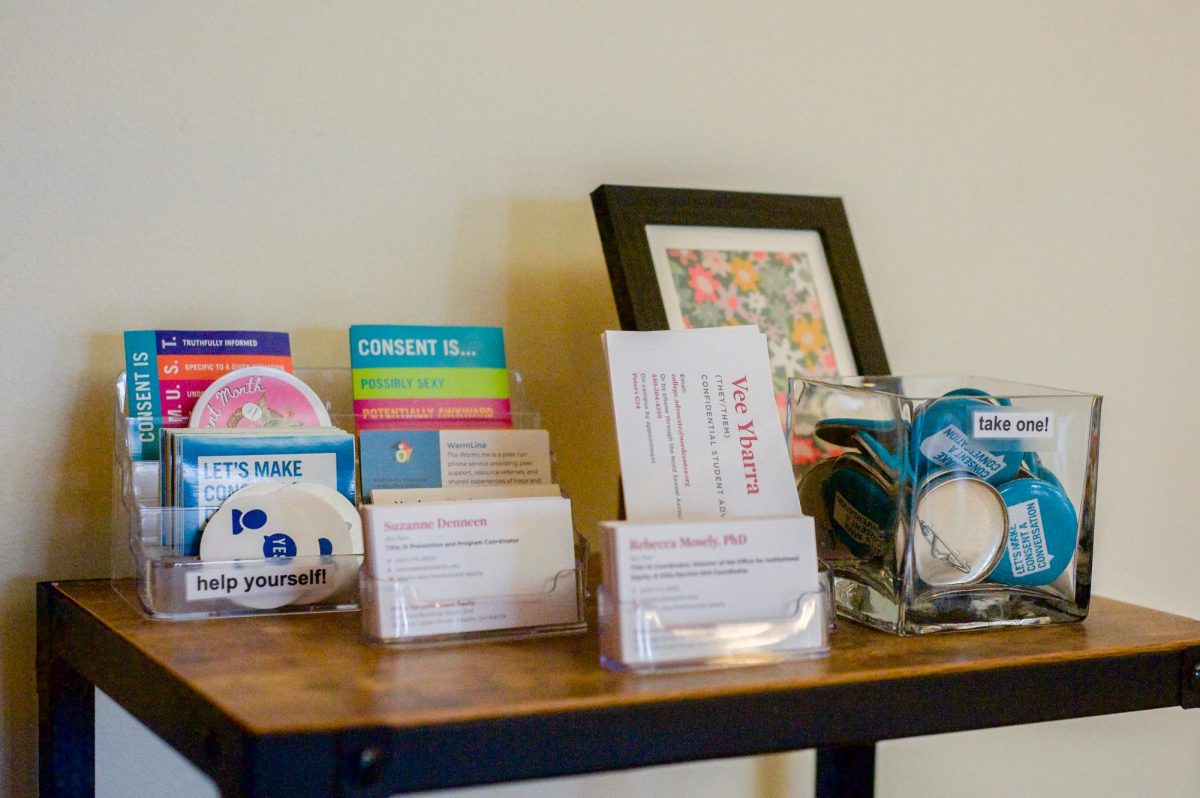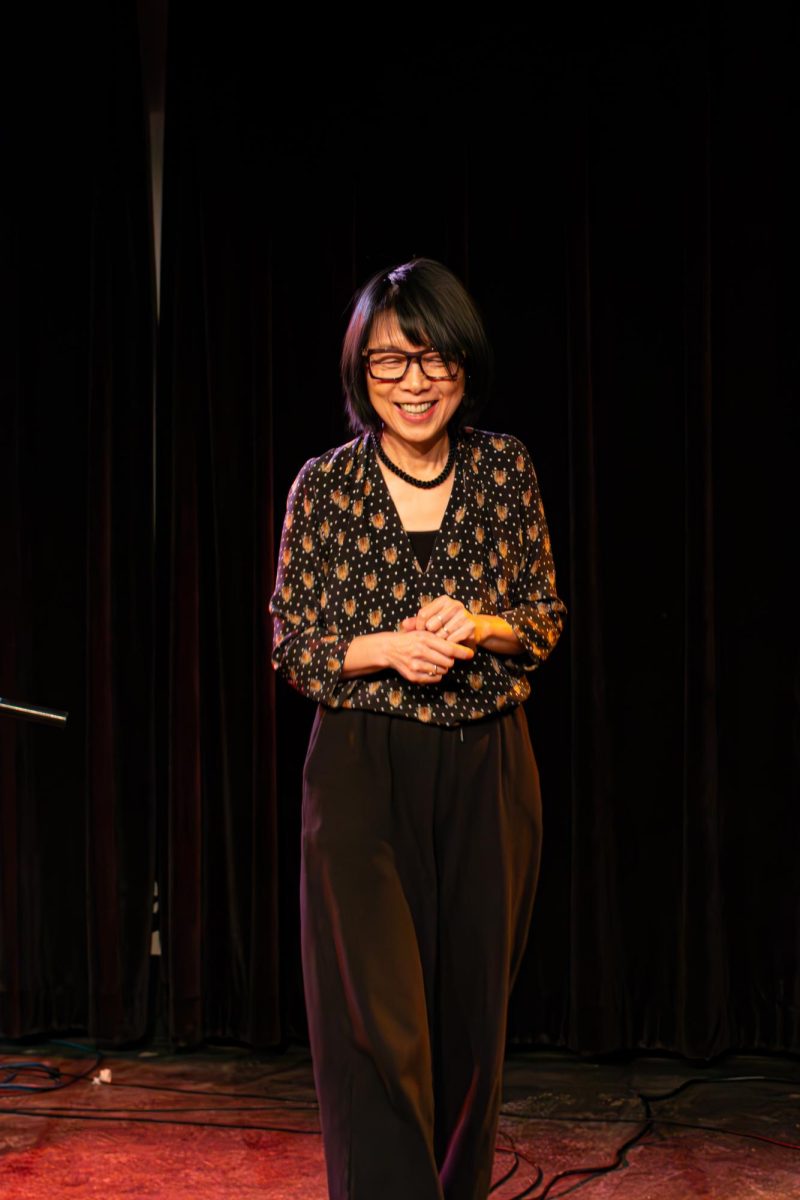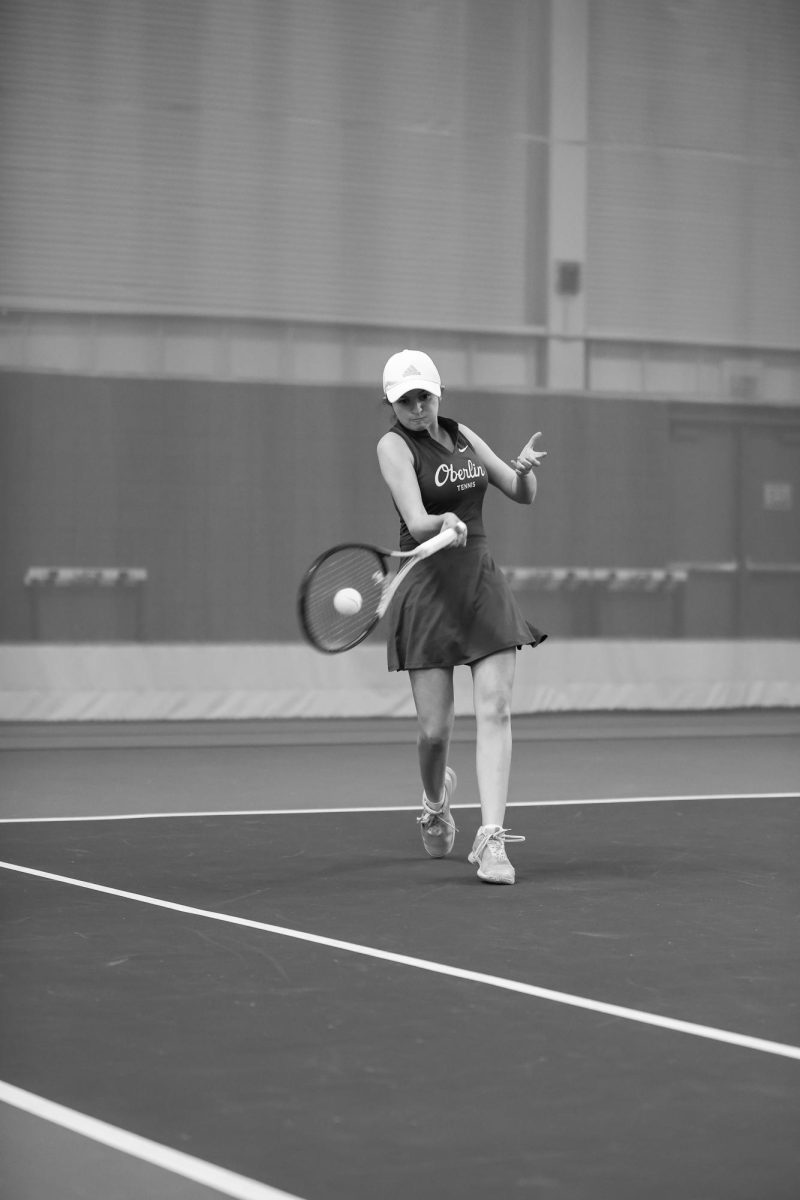Heritage Center Celebrates Women’s History
March 16, 2012
The Oberlin Heritage Center is celebrating the close of Women’s History Month by hosting the presentation “‘You Cannot Resist the Call’: Oberlin and Women’s Changing Roles in the Nation” with Youngstown State University graduate students Roger Juntunen and Jane Spies on March 28 at 7:15 p.m. in Kendal at Oberlin’s Heiser Auditorium.
Juntunen and Spies will talk about women socially and politically important in Oberlin’s history up to the early 1900s. The influence of these women was not limited to Oberlin; many of their actions reflected movements occurring in the nation as a whole, from abolition to temperance to suffrage.
Elizabeth Schultz, museum education and tour coordinator at the Oberlin Heritage Center, coordinated with Juntunen and Spies to put on this event. “Oberlin certainly has a rich history of women’s changing roles, being the first co-educational college in the country and the early pioneers of women’s rights,” said Schultz.
The presentation will express this rich history by featuring women such as the Edmonson sisters, who were involved in the Pearl Incident, an attempt to free slaves by ships in Washington, D.C. Doris Stevens, a suffragist who was jailed and force-fed; Betsy Mix Cowles, an abolitionist lecturer; and Mary Jane Patterson, the first African-American women to earn a four-year degree, will also be highlighted, among many others.
“It seems like Oberlin was at the center of a lot of this because women knew they could be educated here, and they knew there was something different going on here. Some women certainly wanted to push the boundaries, like Lucy Stone, who kept her own last name,” said Schultz.
The presentation will also include some counter examples to the narrative of boundary-pushing. According to Schultz, not all women were “that kind of forward- thinking. … They were not that interested in changing things; they [just] wanted to lead better lives.” For example, a group of women signed a petition and sent a letter to the Oberlin newspaper saying they did not want suffrage, with the reasoning that though they believed they were equal to men, it was not their place to vote. Among these women was Marianne Dascomb, who would later have Dascomb Hall named after her.
Schultz argues, however, the city of Oberlin and the College have on the whole been more deeply marked by the progressive movements women were involved in. “There was something about Oberlin. Even if they only attended a year, they knew they were doing something different by going to college [with] the people they would meet here and the things that would be discussed — even having academic discussions with men, that was something different,” said Schultz.
The Oberlin Heritage Center offers events showcasing Oberlin’s history year-round. Tours are free to Oberlin College students. The grounds located on South Professor Street include a schoolhouse, two residential houses dating back to the 1800s and collections for family and scholarly research.
With regards to the March 28 event, Schultz says that the program is “kind of an overview” because of the vast contributions women have made to Oberlin’s history.
“This is just the tip of the barrel,” said Schultz. “There’s so much that could be said about women and Oberlin history.”



